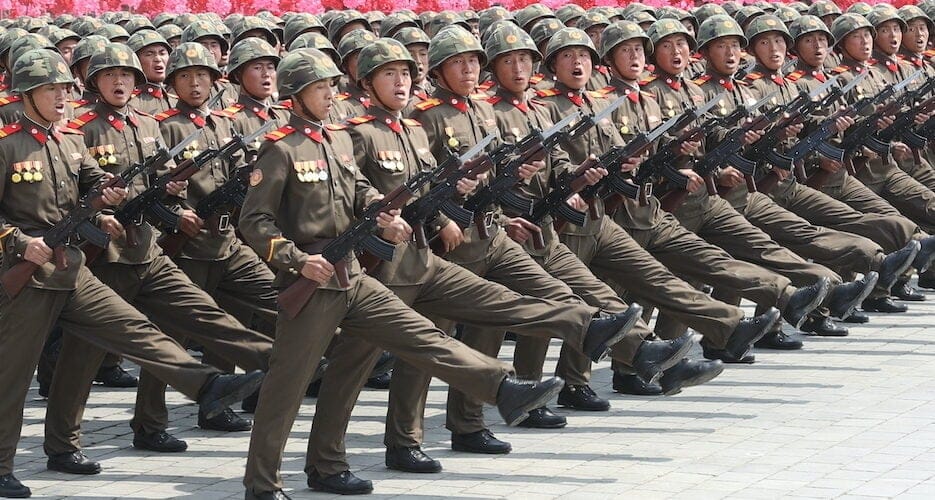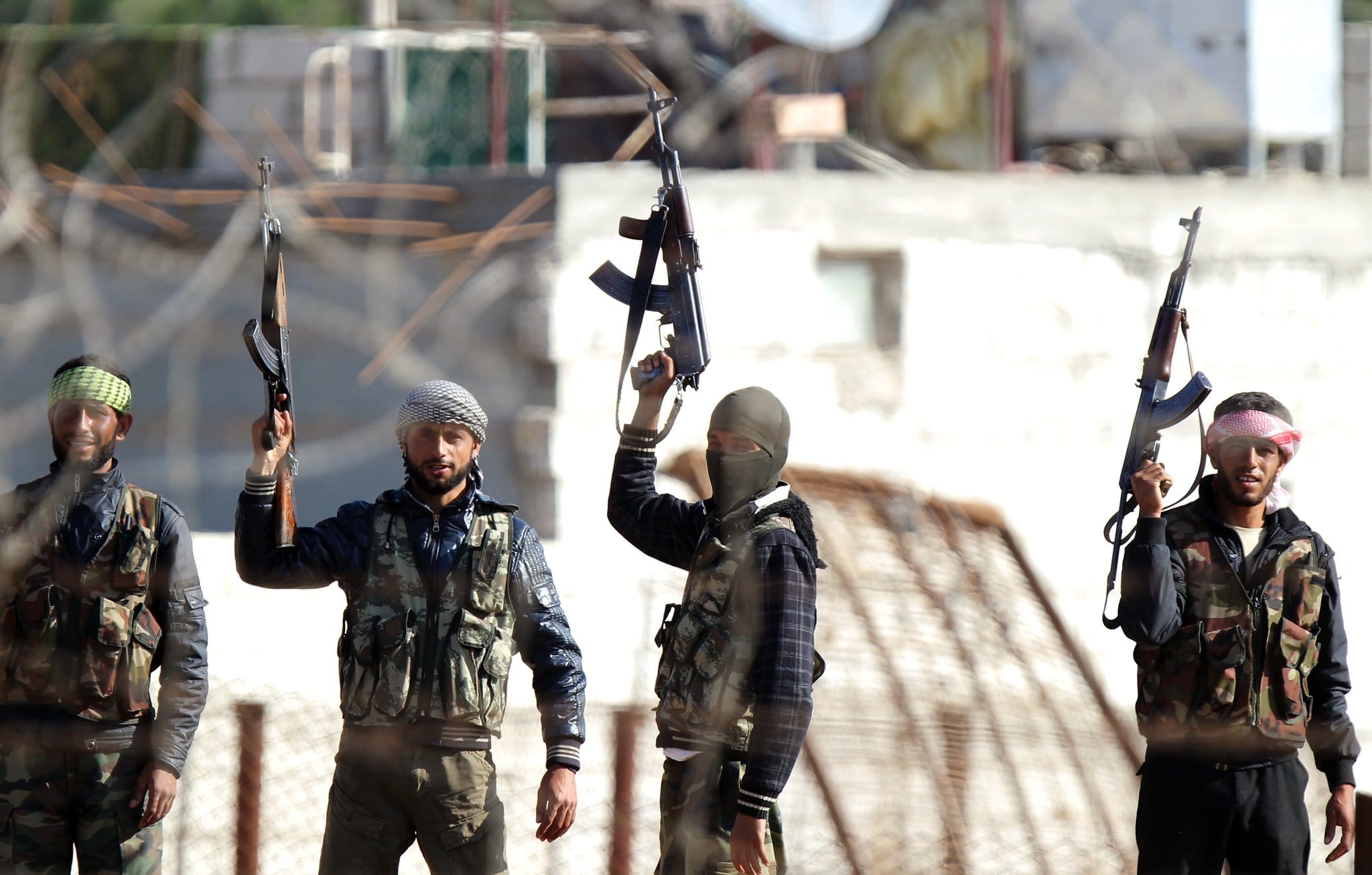The Israeli government has recently taken significant steps toward the expansion of settlements in the Golan Heights, a territory that has been under Israeli control since the 1967 Six-Day War. This move, which has garnered both domestic support and international criticism, involves the approval of plans to construct new residential units and enhance infrastructure within existing settlements. The decision comes at a time when the geopolitical landscape in the region is particularly delicate, with ongoing tensions between Israel and its neighbors, as well as complex dynamics involving local populations.
The Golan Heights, strategically located between Israel, Syria, and Lebanon, has been a focal point of conflict for decades. The territory was captured by Israel during the aforementioned war and subsequently annexed in 1981, a move that has not been recognized by most of the international community. As a result, the expansion of settlements in this area is viewed by many as a violation of international law, specifically the Fourth Geneva Convention, which prohibits an occupying power from transferring its own civilian population into the territory it occupies.
Despite these concerns, the Israeli government has justified its expansion plans on various grounds. Officials argue that the settlements are essential for the security of the nation and for the growth of the Jewish population in the region. They also contend that the Golan Heights is a vital area for water resources and agricultural development, further emphasizing the strategic importance of maintaining a robust Israeli presence there.
The recent decision to expand settlements has sparked a wave of reactions from various stakeholders. International bodies, including the United Nations and the European Union, have expressed their disapproval, calling for Israel to halt its settlement activities. Critics argue that such expansions undermine the prospects for peace and exacerbate tensions between Israel and the Palestinians, as well as with neighboring Arab countries.
In addition to international criticism, the settlement expansion has implications for local Syrian residents who have remained in the Golan Heights. Many of these residents have been displaced since the conflict began, and those who remain often face restrictions and challenges in their daily lives. The expansion of Israeli settlements may further marginalize these communities, leading to increased socio-economic disparities and potential conflicts over land and resources.
Moreover, the expansion plans have the potential to draw reactions from neighboring countries, particularly Syria, which views the Golan Heights as an integral part of its territory. The Syrian government has condemned the settlement expansion, labeling it an illegal act of aggression. This sentiment is echoed by various non-state actors in the region, who may see the expansion as an opportunity to rally support against Israel and its policies.
The domestic response in Israel has been mixed. While some political factions support the expansion as a necessary step for national security and growth, others express concern over the long-term ramifications of such policies. Critics within Israel argue that the focus on settlement expansion detracts from addressing pressing social and economic issues within the country. They also highlight the importance of pursuing diplomatic solutions to the Israeli-Palestinian conflict rather than exacerbating tensions through settlement activities.
As the situation unfolds, it remains to be seen how the international community will respond to Israel’s latest moves in the Golan Heights. Diplomatic efforts aimed at resolving the Israeli-Palestinian conflict have faced numerous challenges, and the expansion of settlements may further complicate these efforts. The potential for heightened tensions and conflict in the region is a significant concern, prompting calls for renewed dialogue and negotiations.
In conclusion, the Israeli government’s approval of settlement expansion plans in the Golan Heights marks a pivotal moment in the ongoing discourse surrounding territorial disputes and international law. The implications of this decision extend beyond the immediate geographic area, influencing regional stability, international relations, and the lives of local populations. As stakeholders continue to navigate this complex landscape, the need for constructive dialogue and peaceful resolution remains paramount.


